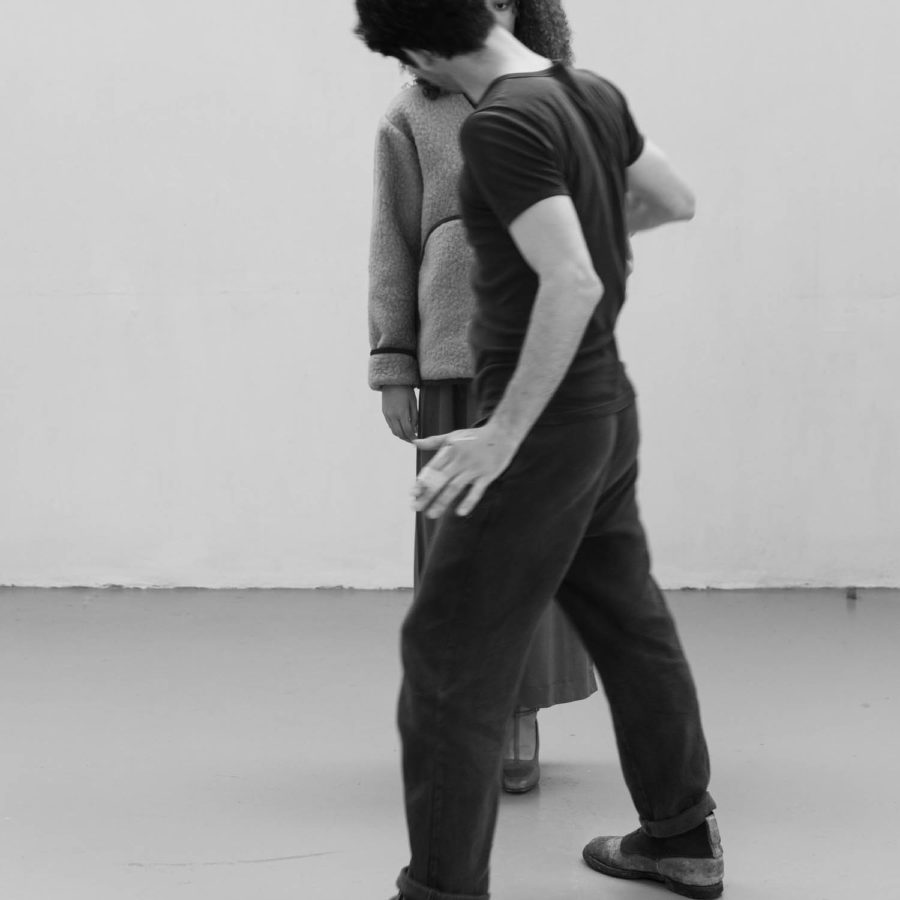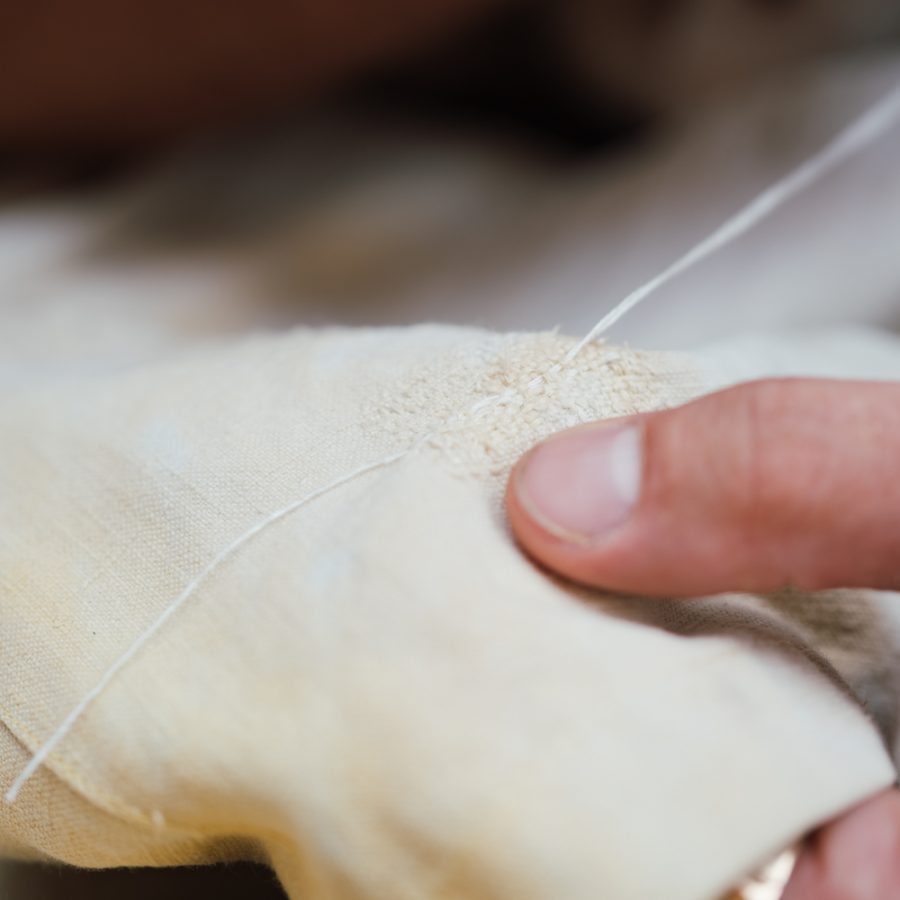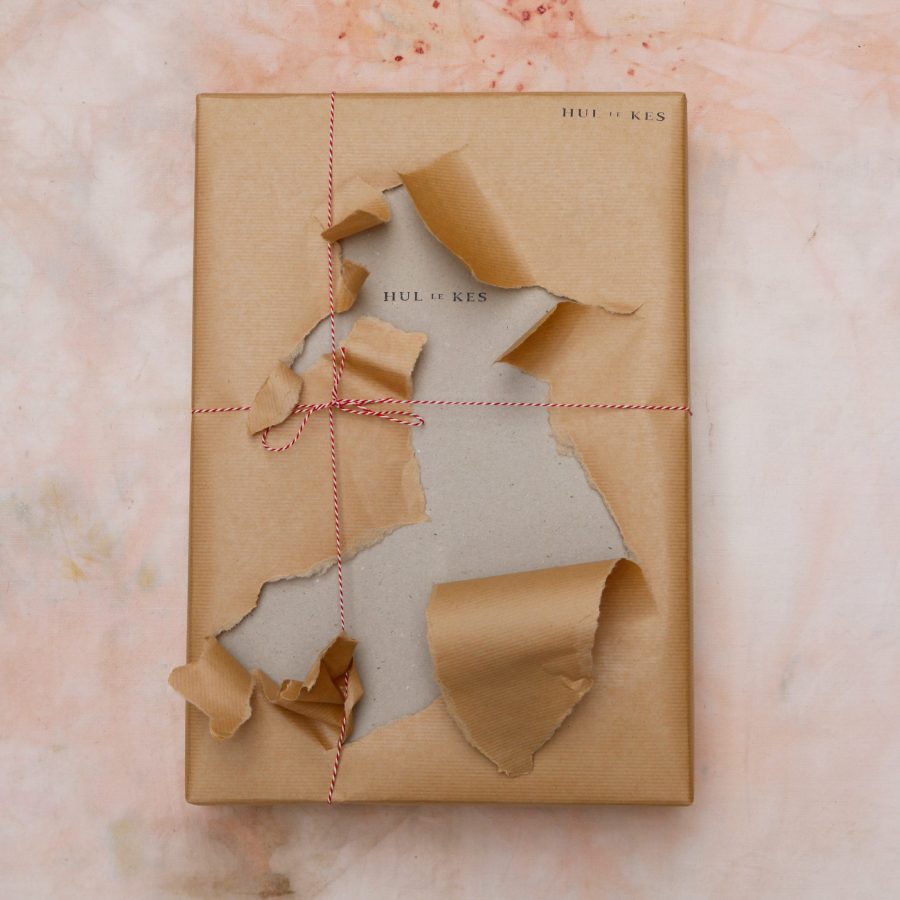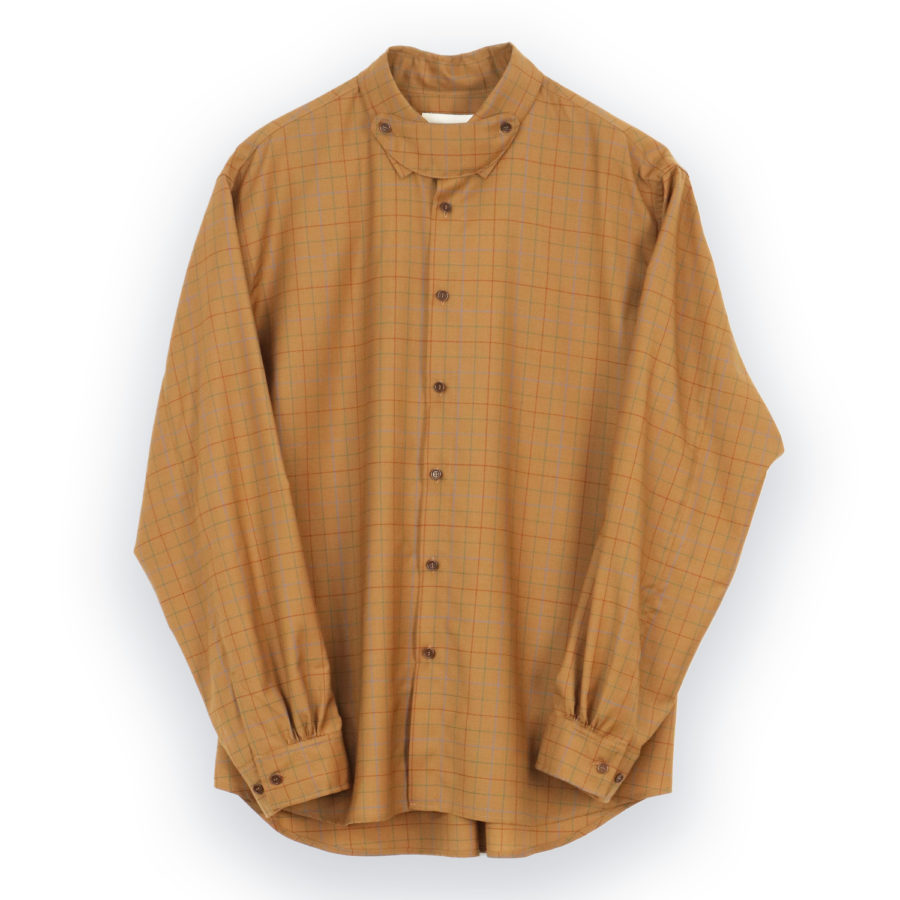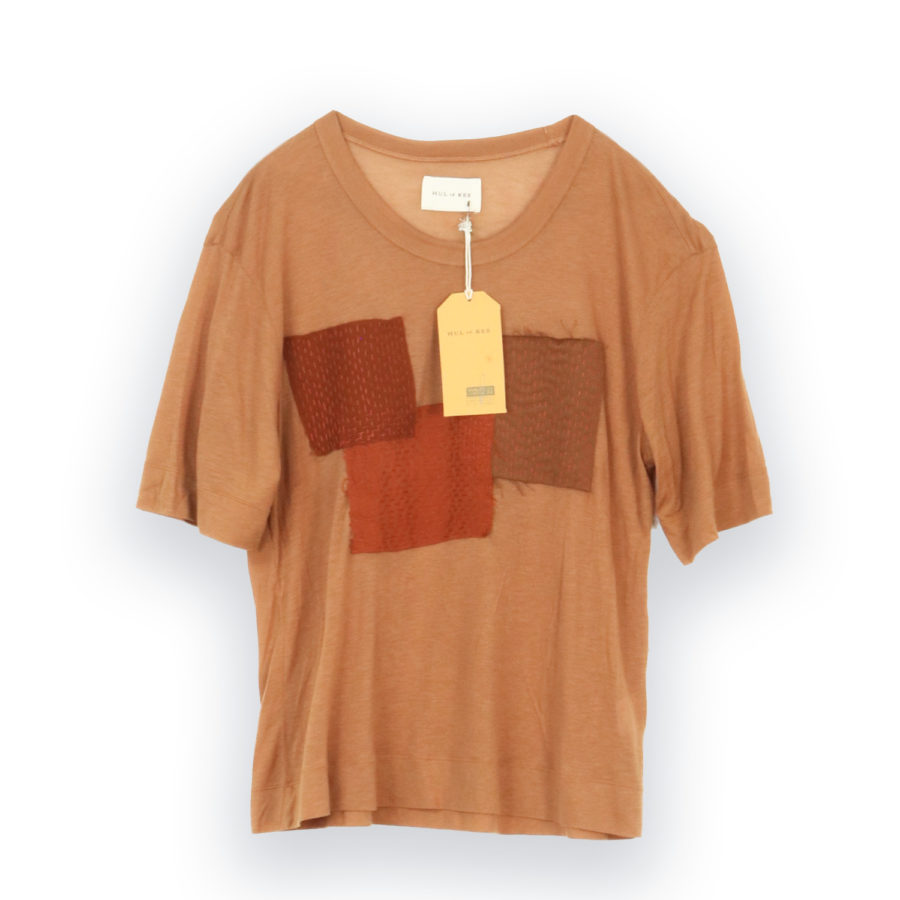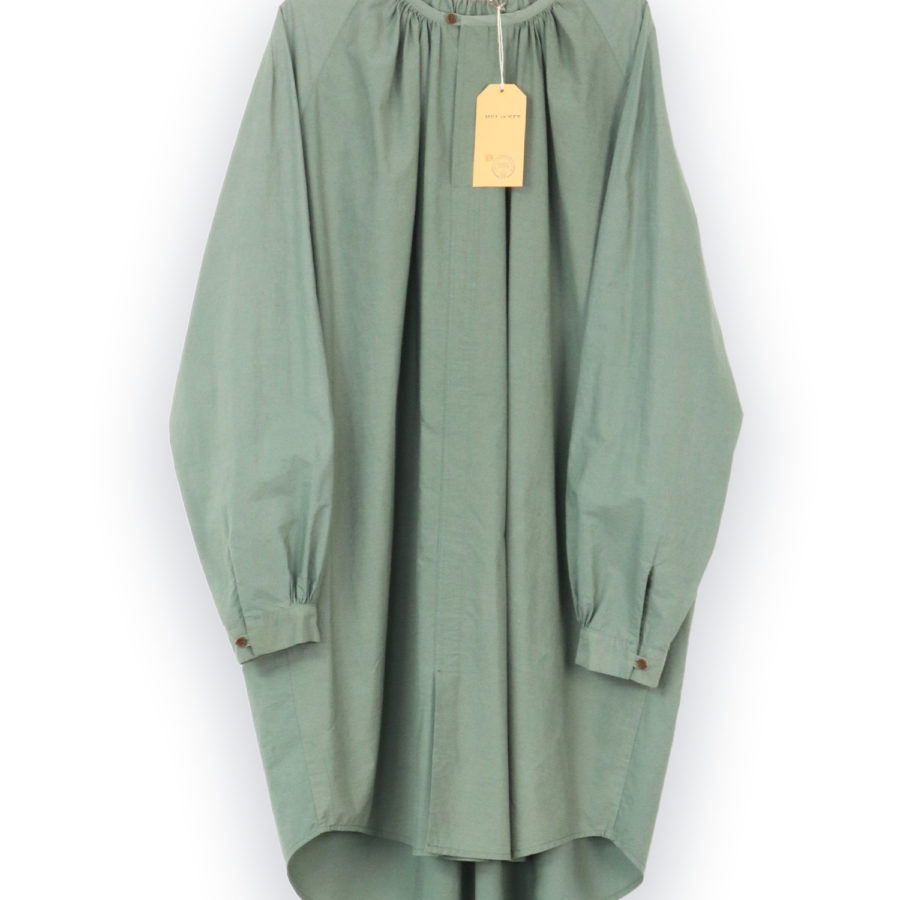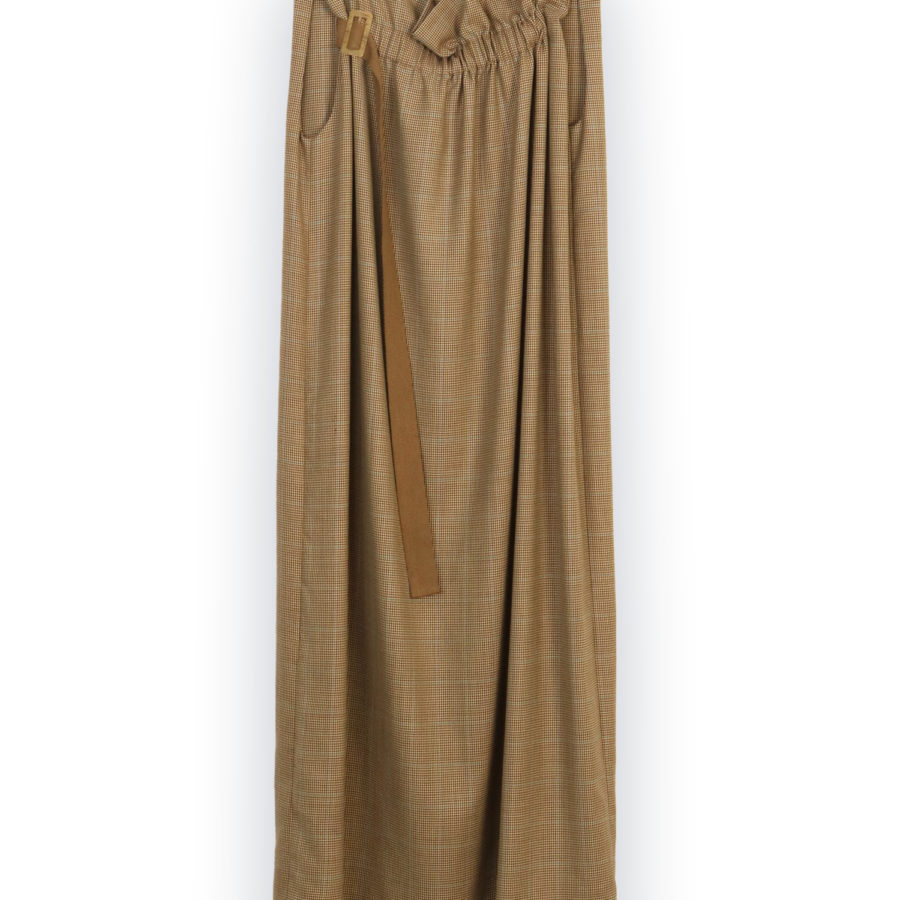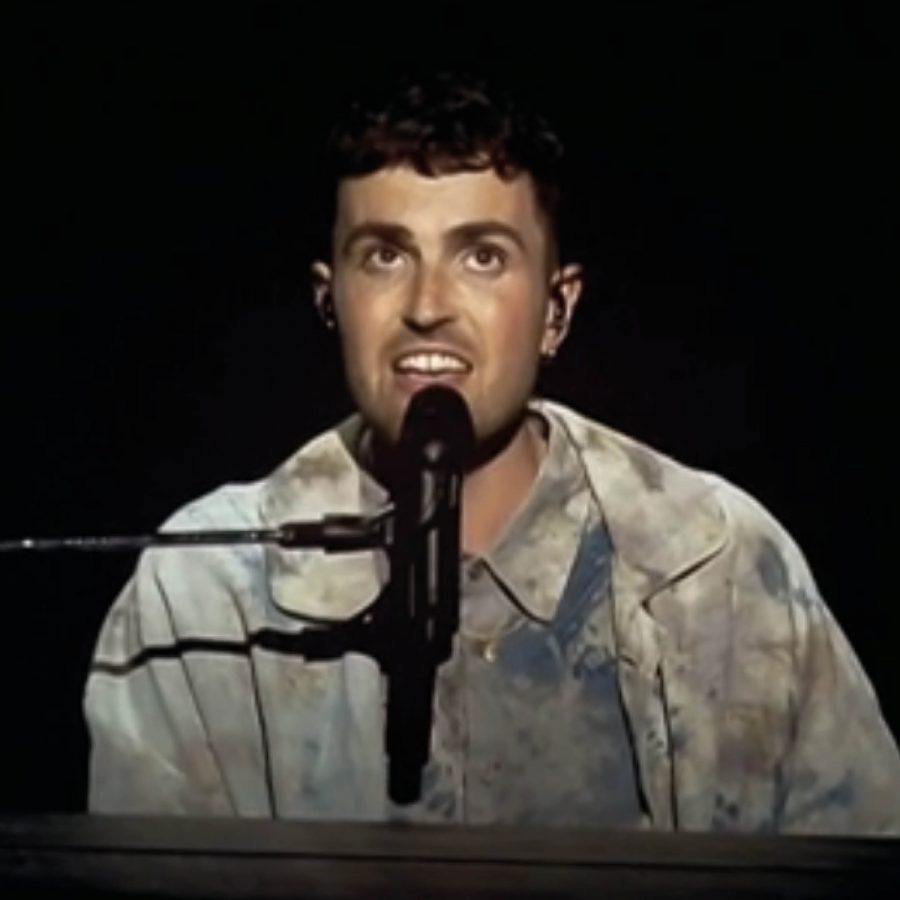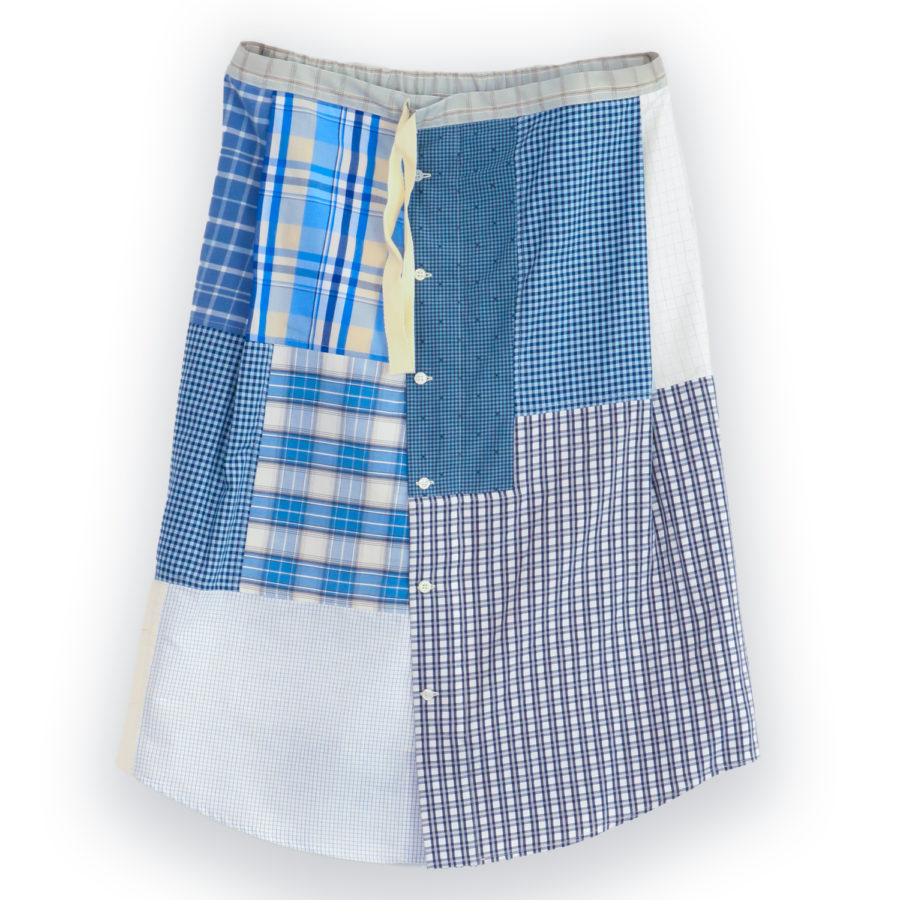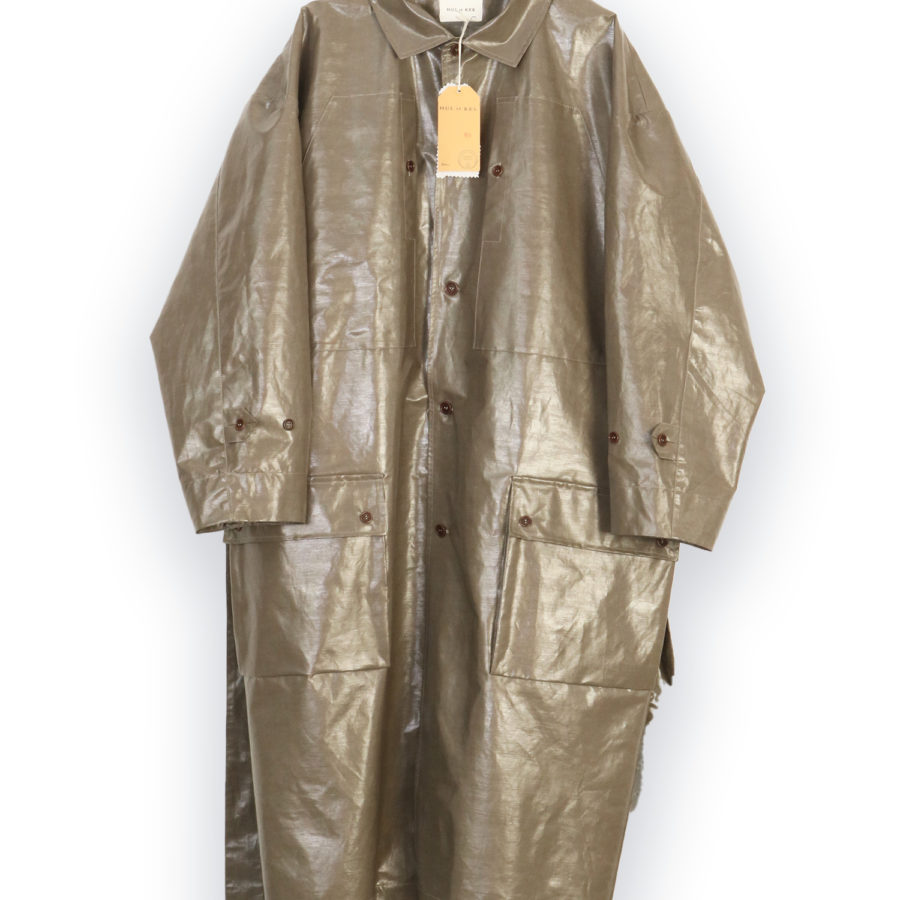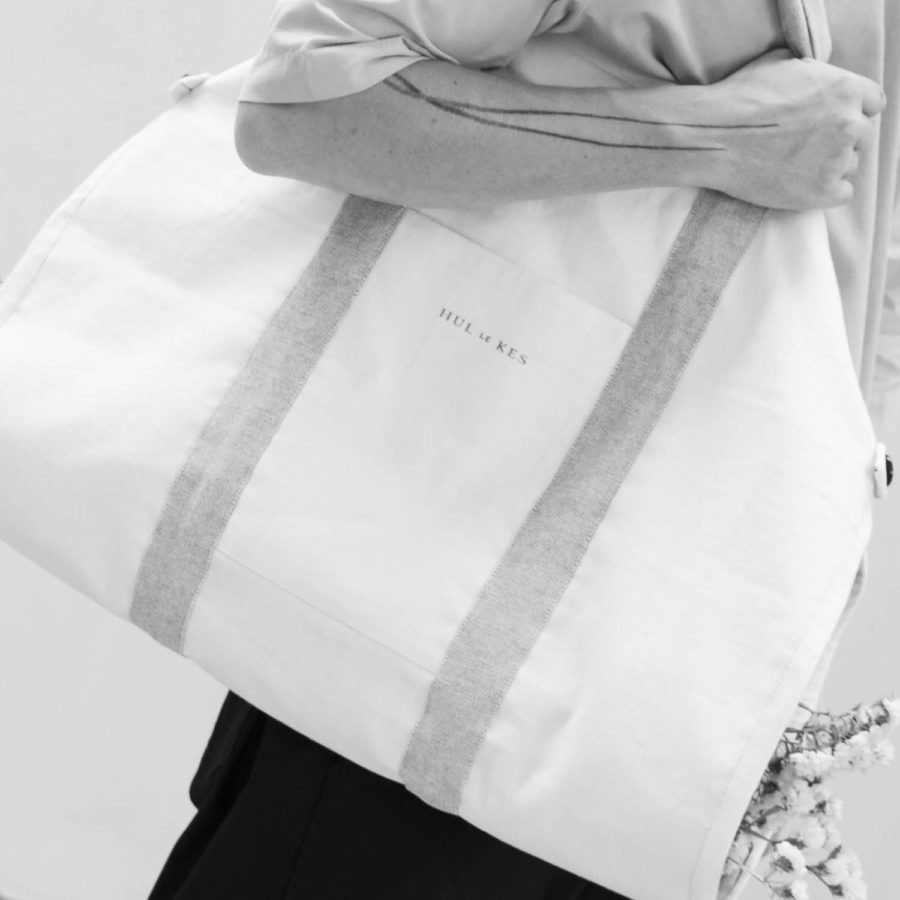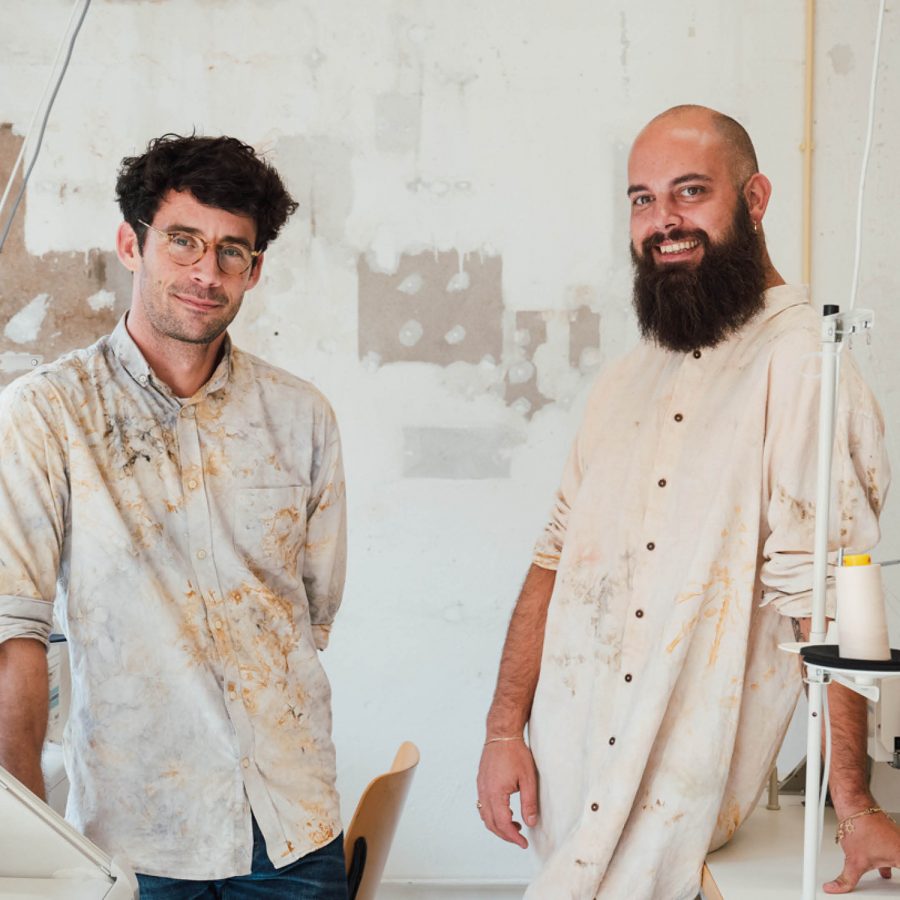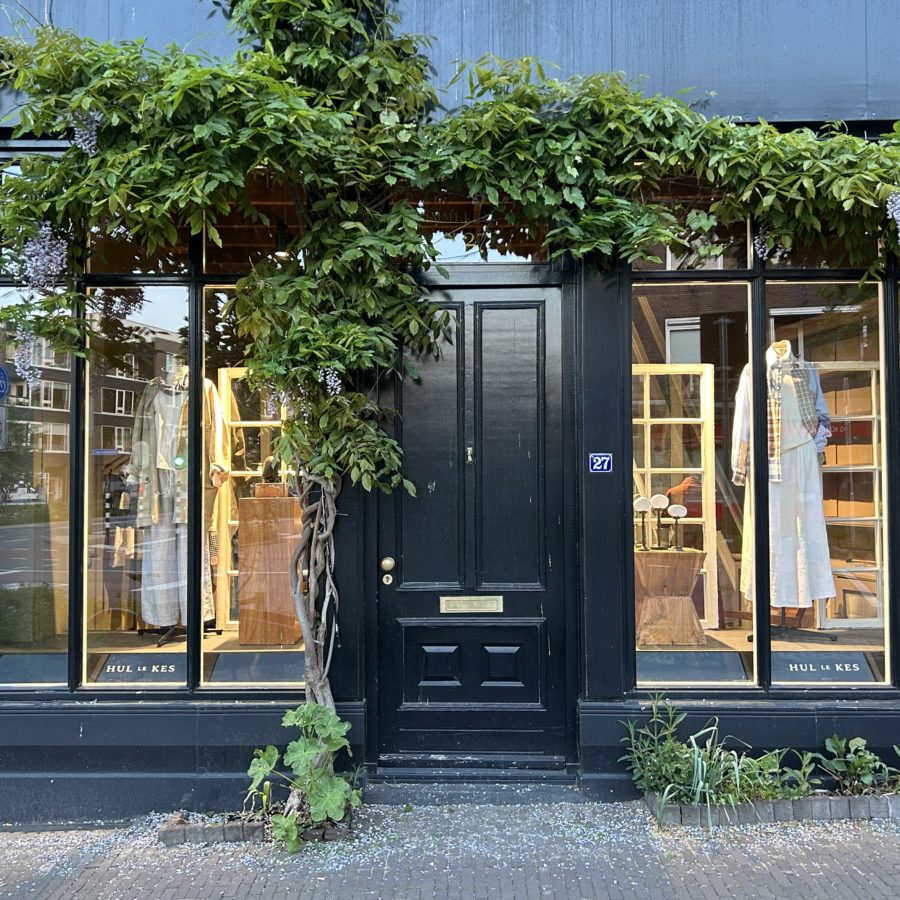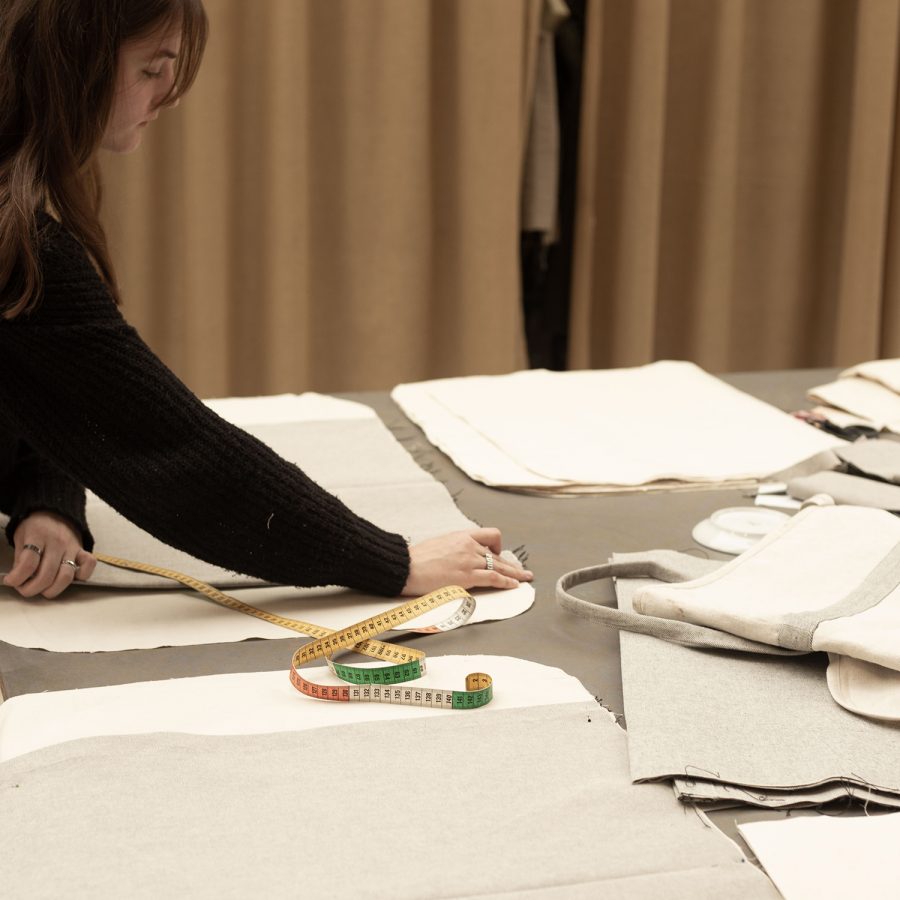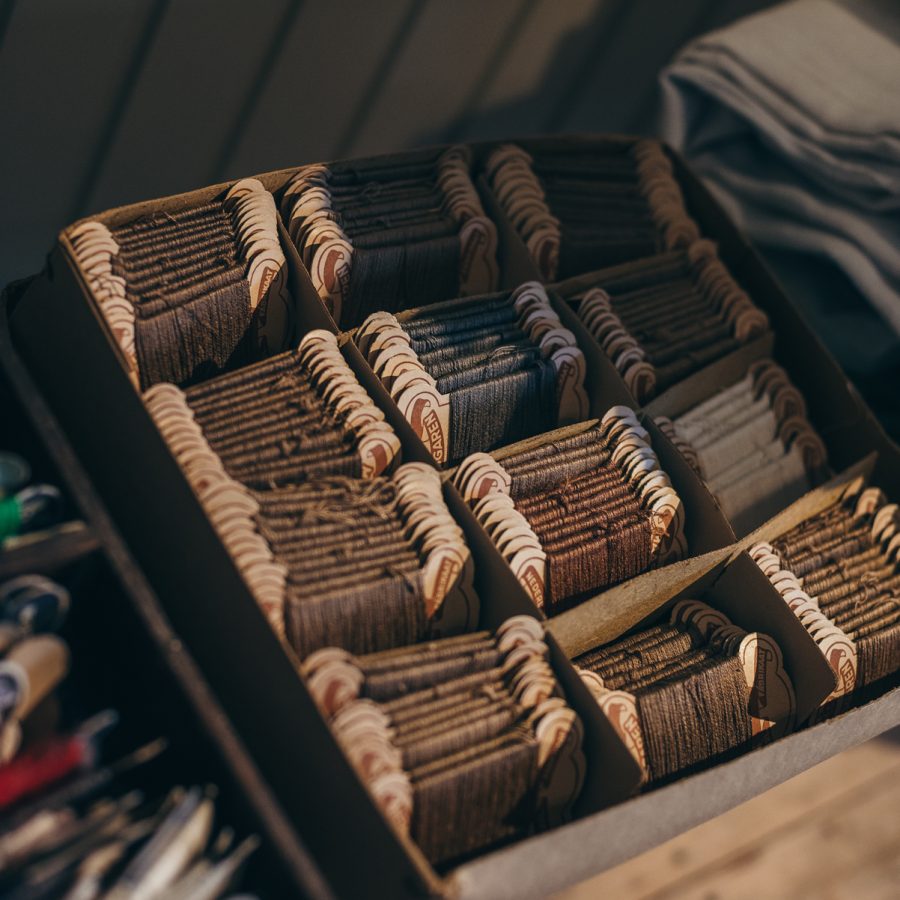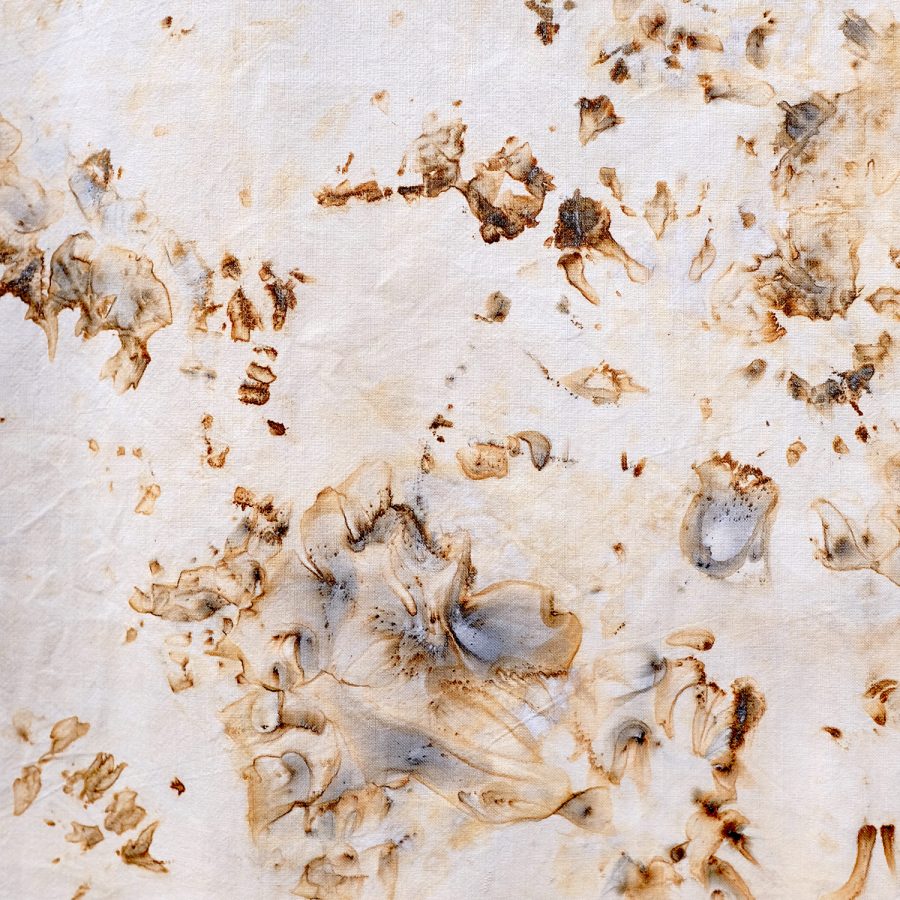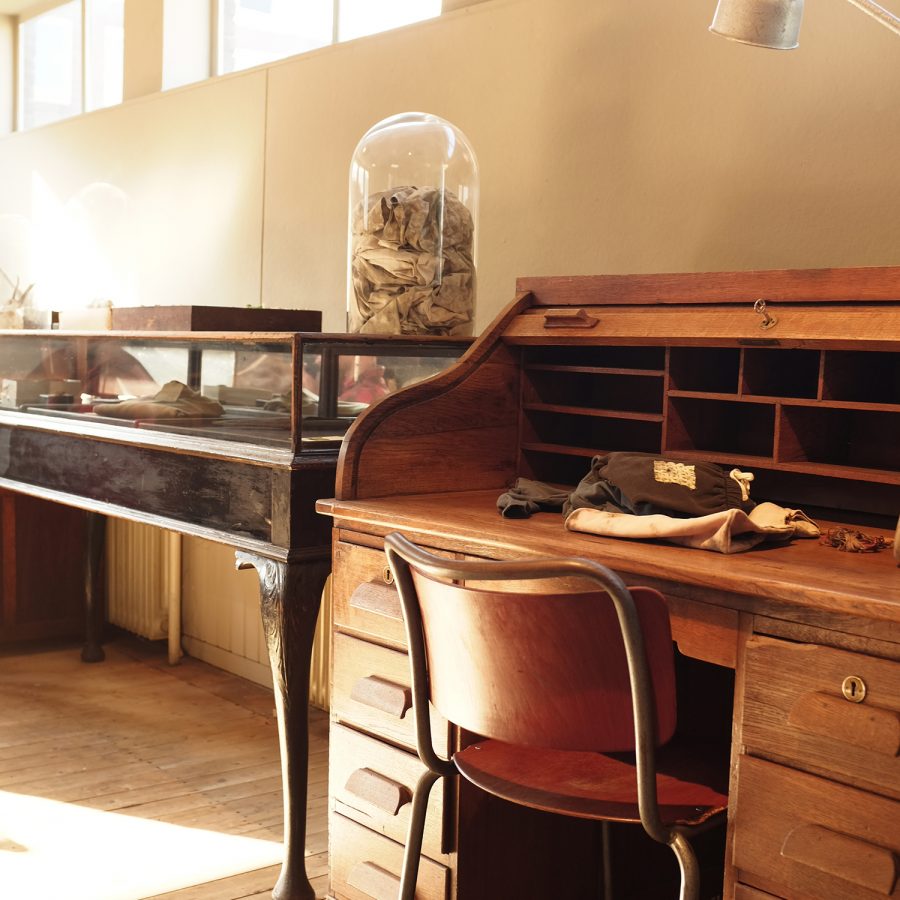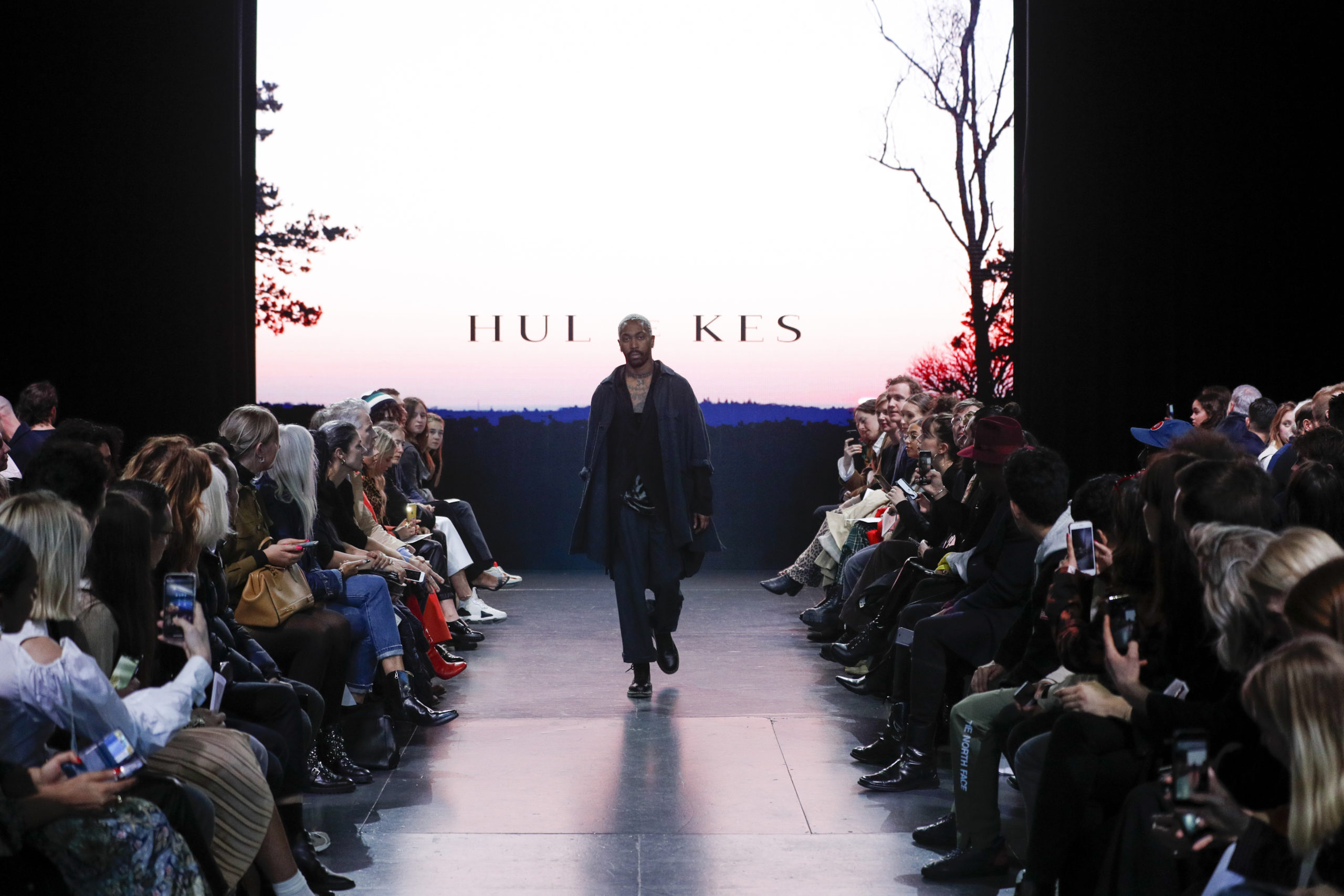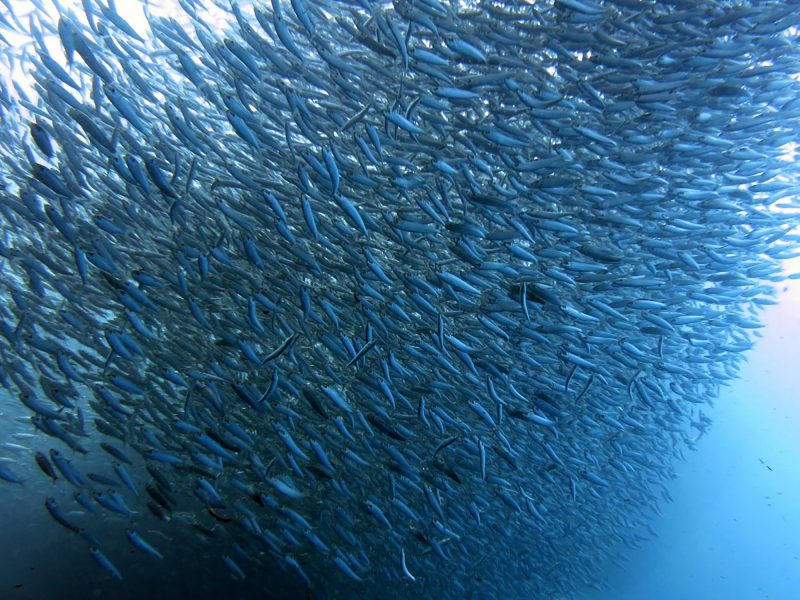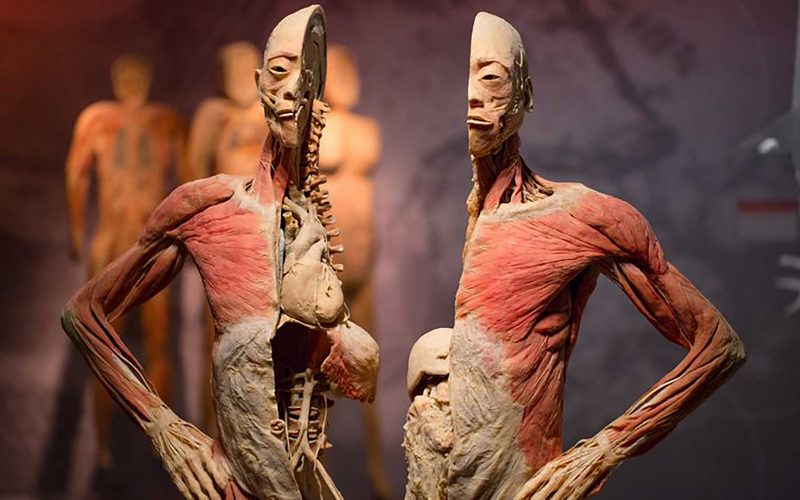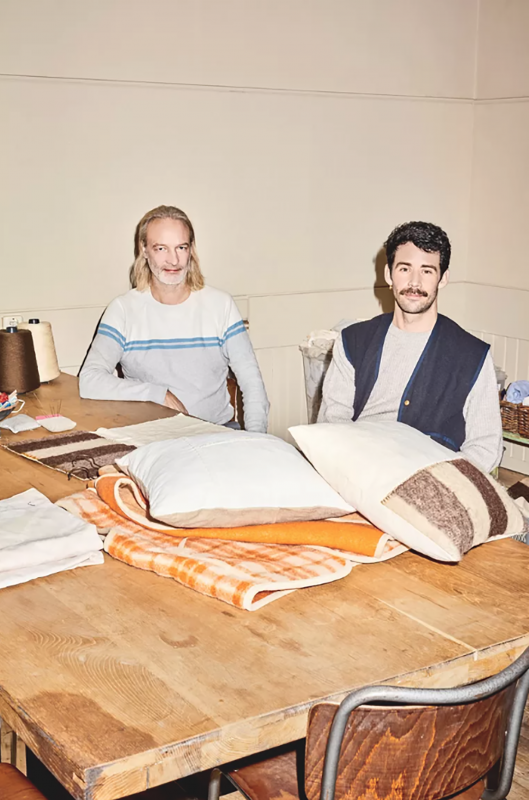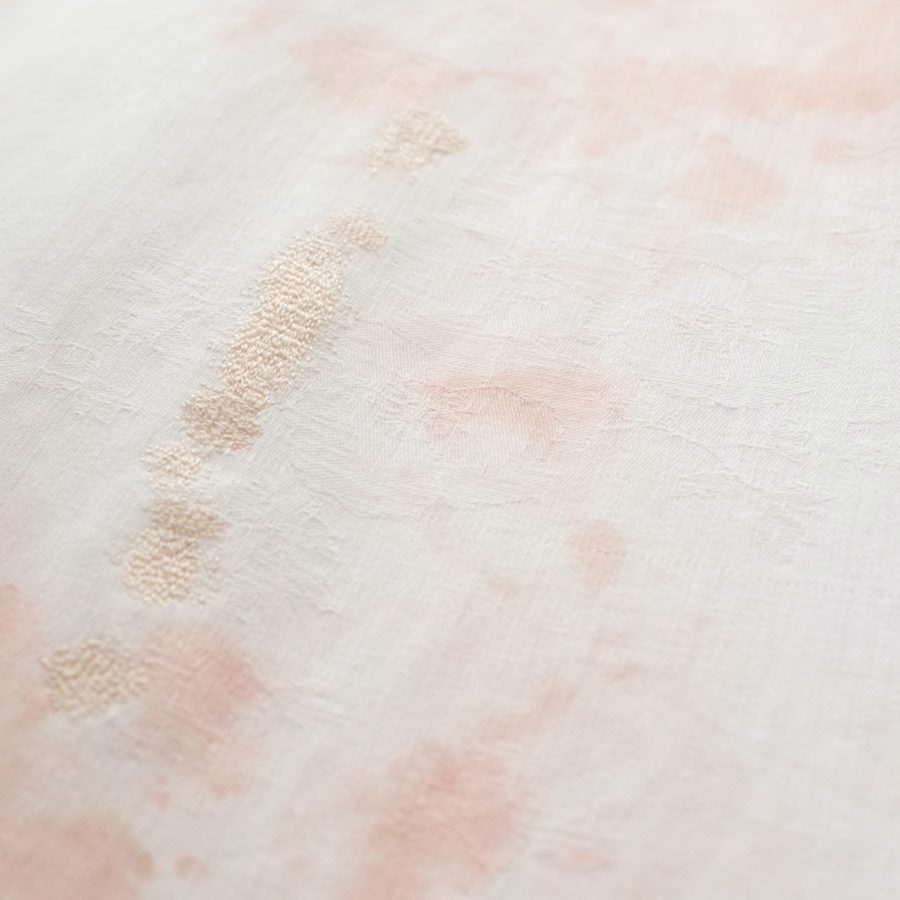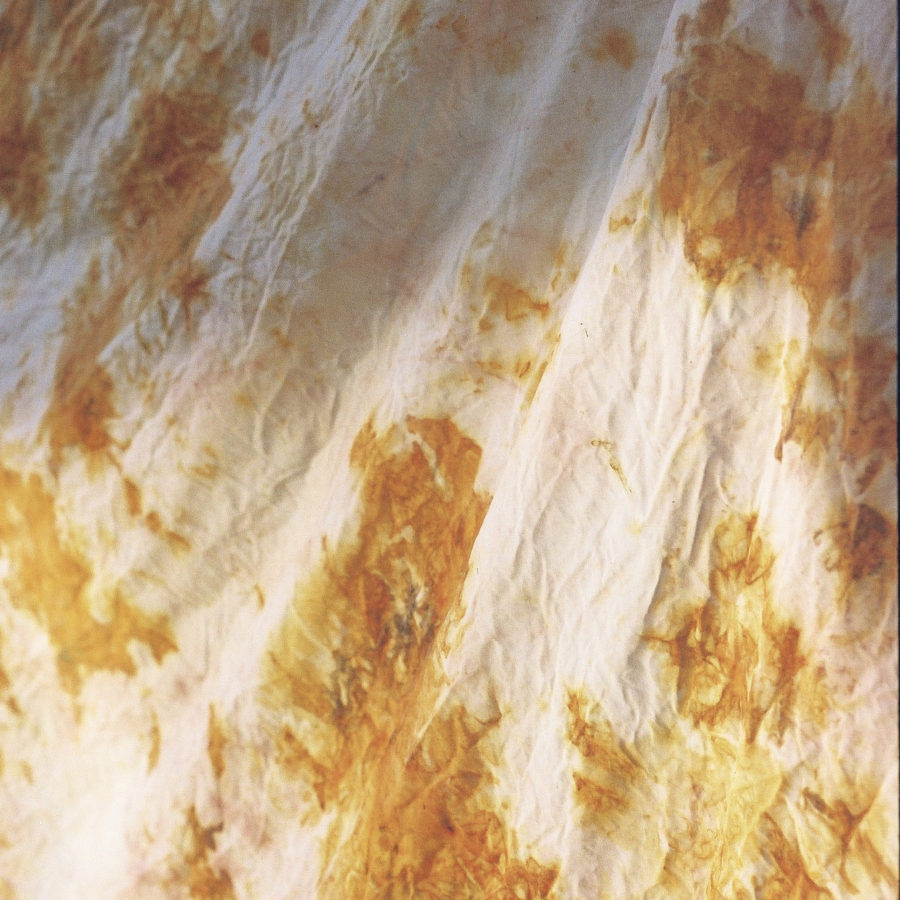When nu.nl (a Dutch news outlet) asked about my top reading recommendation, I realised a lot of time had gone by since I had last written a blog. In the last one, I wrote about Surrendering to complexity. In the one before that about circular thinking. In the past year at Hul le Kes we’ve had plenty of opportunities to run a number of engaging projects. So much so that I just didn’t seem to have the time to write a new blog. Well, I feel like no finally the moment is here to sit down and put some of my thoughts and findings into words. Let’s talk about operational processes.
Processes form an important and vital part of any business. Duration times, targets, revenue, loss; all this is encompassed by, and depends on processes and process optimisation.
The conventional approach to process optimisation is making sure all input gets run through a process in the shortest amount of time, for minimal costs, maximizing profit.
Usually a big part of this is achieved through standardisation and by implementing targets at every step. This is an incredibly fragmented way of working, and unsurprisingly, the way all multinationals grew into large companies. It is precisely this which bothers me most about conventional business.
It’s no surprise more and more processes are on their way to being partly or even fully roboticized. These types of processes are so fragmented that there is only a single way in which they work properly. There is no human being on earth who can do the exact same thing, day in day out, with the same amount of attention at a higher and higher speed. Humans simply aren’t built to work like robots.
Especially within a creative or innovative company like ours, a process like this will eventually have a reverse outcome. Too much routine kills creativity and undermines people’s personal development and well-being. Creating a kind of tunnel vision, people lose touch with the world they are a part of.
If there is anything you do not want in a creative company, it is people turning off their emotions and performing their labour like machines.
We don’t do process standardisation at Hul le Kes. Maybe this means we cannot be so time-efficient, but we can be tremendously more efficient when it comes to our intrinsic and societal values and considerations.
